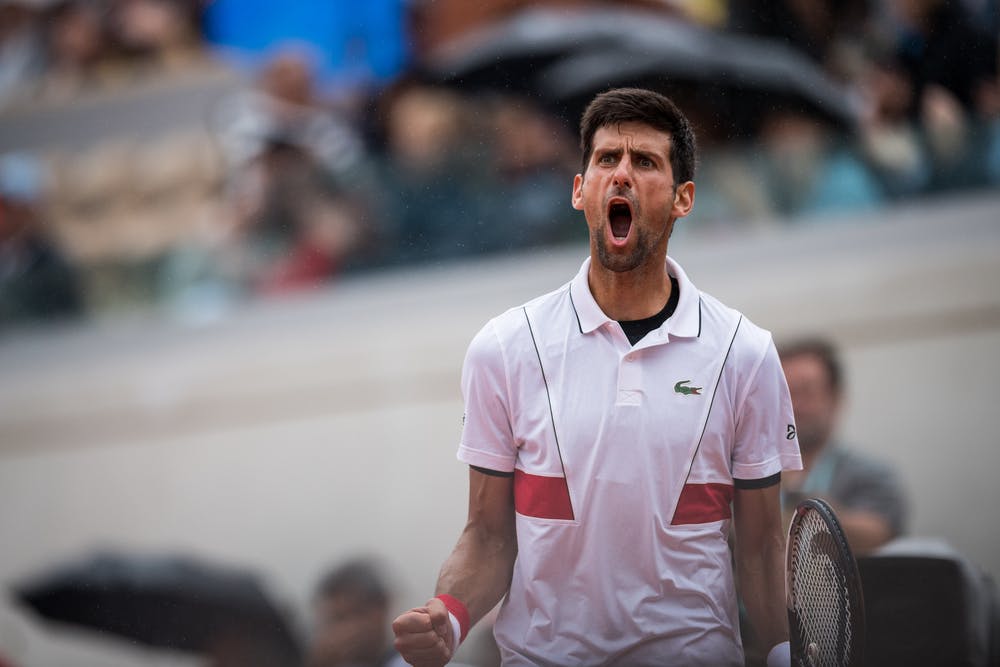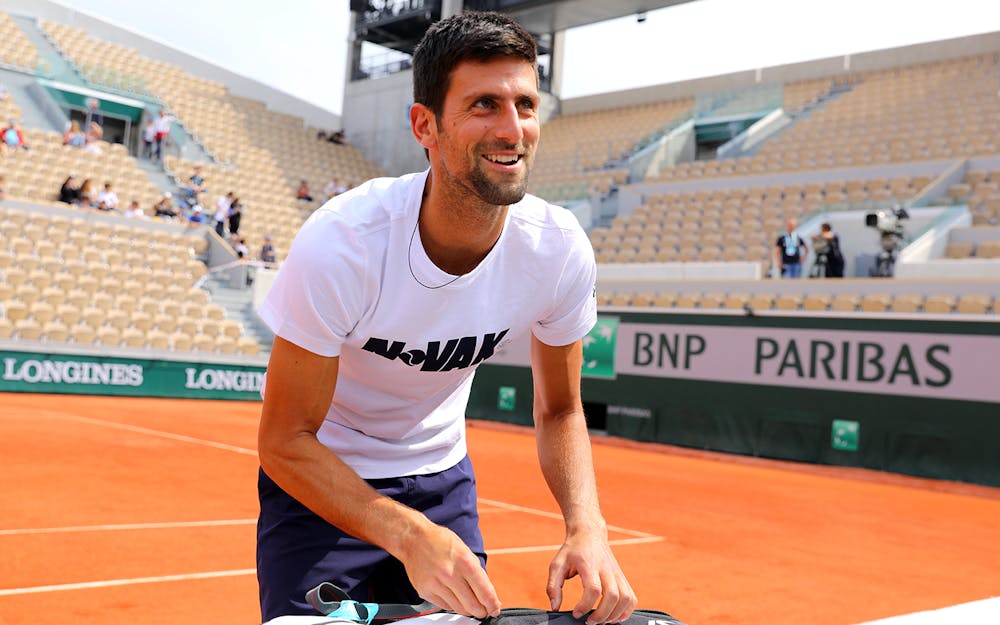“To play that way and finish the match in tough conditions against a player who doesn't miss a lot and puts a lot of balls back, that's something that gives me great deal of confidence,” declared Djokovic whose seven victories in Rome and Paris are more than he managed in his first six tournaments of 2018.
“He's not going to hand you the win, you have to deserve it. For me, not having so many matches in the last period, this is great. I don't feel too exhausted. That's good news as well.”
A third successive Spaniard awaits in the fourth round: Fernando Verdasco. The world No.35 dismantled Grigor Dimitrov on Court 1 in straight sets to book a 15th meeting with Djokovic. The former world No.1 boasts a 10-4 lead in their head-to-head rivalry, but Verdasco triumphed in their last two clashes on clay back in 2010.
The Spaniard is an attacker by nature, and hinted the Serbian’s 2016 aura has vanished: “Djokovic is not exactly at the level he was a couple of years ago, but in Rome and in other matches he started playing a bit better,” he said.
Verdasco may sense his chance to reach a maiden Roland Garros quarter-final, but the Djokovic renaissance has been building momentum. Is Novak back? We’ll soon find out.
 ROLAND-GARROS
18 May - 7 June 2026
ROLAND-GARROS
18 May - 7 June 2026



